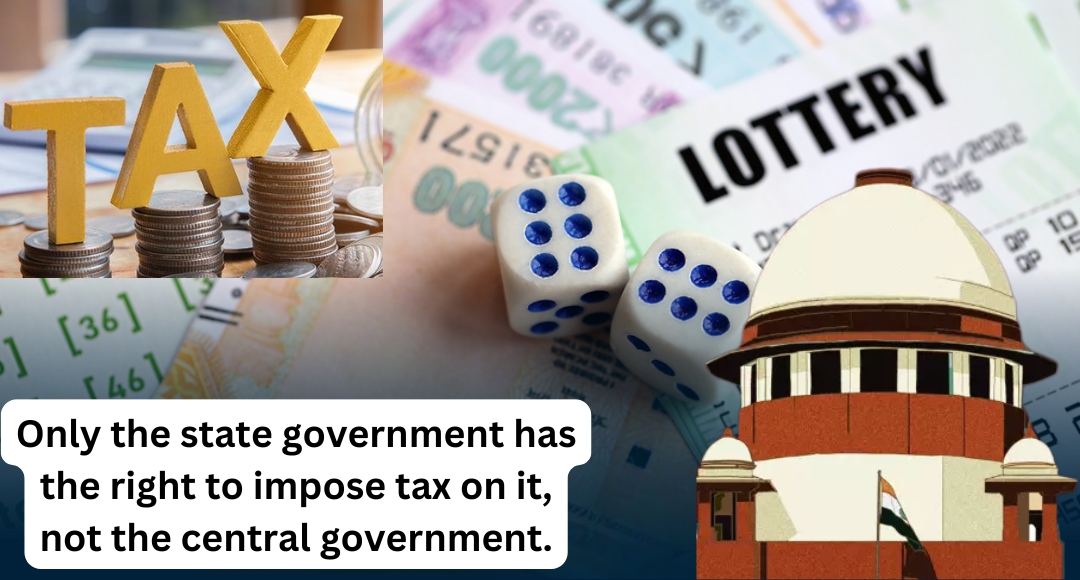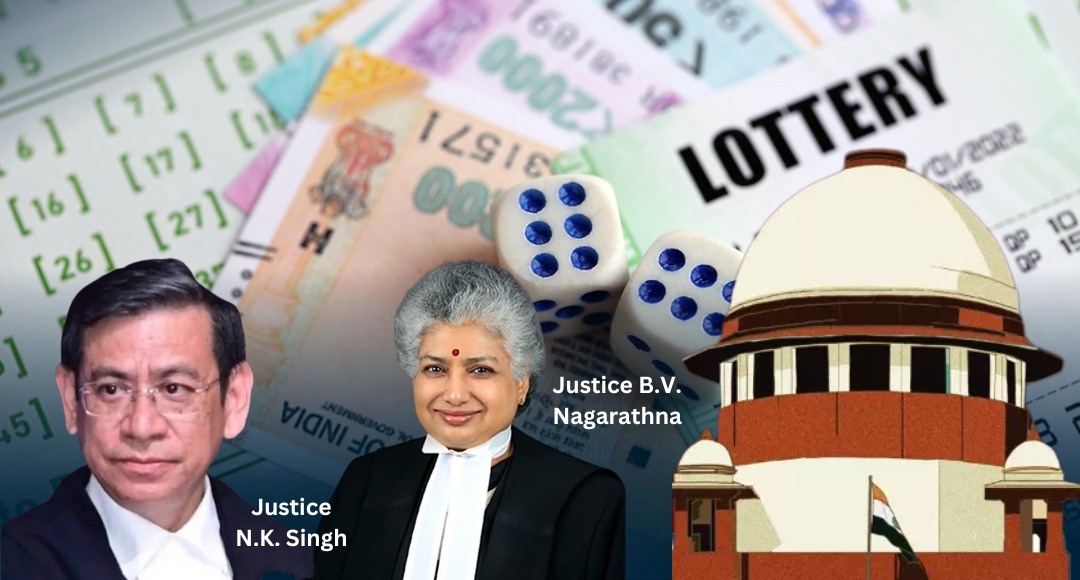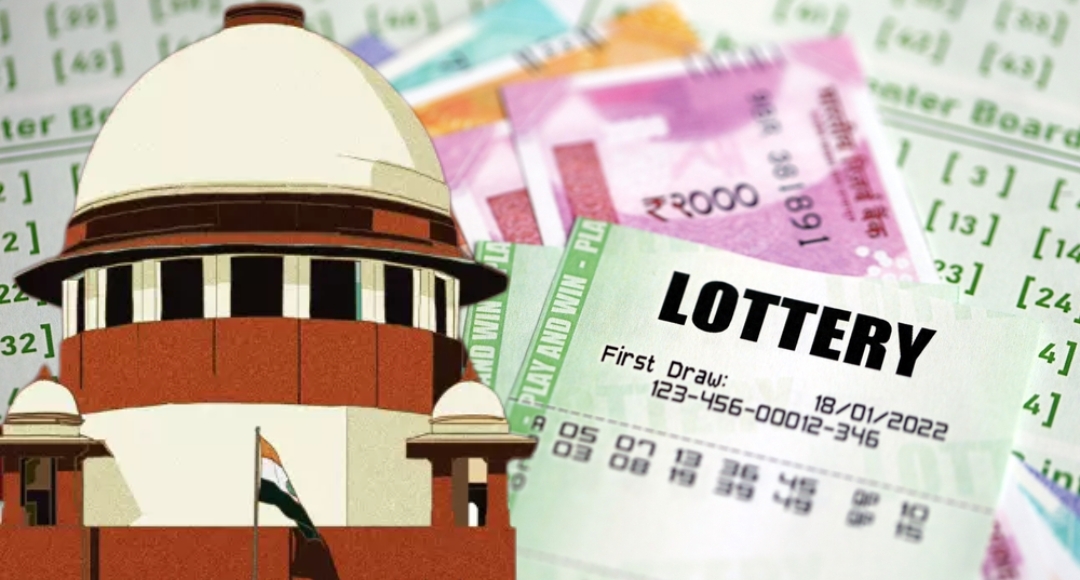Hello friends, Today, the country’s largest court, the Supreme Court, has given a historic verdict, which has given great relief to lottery distributors. The Supreme Court has rejected the appeal of the central government, which talked about imposing a service tax on lottery-related services. Now it has become clear that lottery distributors will not have to pay any kind of service tax.
Big relief for lottery businessmen
This decision is not only a relief for the people associated with the lottery business, but it also clarifies the rights related to taxation between the central and state governments. The court said bluntly that the lottery business comes under the category of “betting and gambling”, and only the state government has the right to impose tax on it, not the central government.

Impact and implications of the judgment
This judgment will have a wide-reaching impact on the lottery business, the tax rights of the central and state governments, and the Indian tax system.
- Relief to lottery traders: This decision has given a big relief to lottery distributors. Now they will not have to pay service tax to the central government, which will strengthen their financial position.
- Clarity regarding taxation: This decision presents a strong example regarding taxation which taxes can be imposed by the central government and what are the rights of the state governments. The Supreme Court clarified that the lottery is a part of “betting and gambling” and only the state government has the right to impose tax on it.
- Big blow to the central government: The Supreme Court completely rejected the central government’s appeal to impose a service tax on lottery-related services. This means that even in future the central government will not be able to impose a service tax on the lottery business.
Has this decision come before?
Yes, an important decision came in this matter earlier also. The Supreme Court had said in the case “K. Arumugam vs Union of India” in 2024 that: “Selling lottery by the state government is not a service but a way to increase government revenue. Therefore, lottery distributors will not have to pay tax under “business auxiliary service”.” Today’s decision of the Supreme Court has further strengthened the 2024 decision.
Why is the Supreme Court’s decision important?
Today (February 11), a bench of Justice B.V. Nagarathna and Justice N.K. Singh upheld the decision of the Sikkim High Court by rejecting the appeal of the Central Government.
What did the court say?
In its judgment, the Supreme Court said that the relationship between the lottery distributor and the Sikkim government is “principal-to-principal” (independent business relationship) and not “principal-to-agency” (owner and agent relationship). This means that the distributors are not providing any service to the government, which does not justify levying a service tax.
Justice B.V. Nagarathna said: “When there is no agency relationship, there is no question of any service being provided to the government. Therefore, service tax cannot be levied on the transactions between the Sikkim government and the lottery ticket buyers.” However, the Supreme Court also clarified that the “gambling tax” imposed by the state government will have to be paid by the lottery distributors.

What will happen next?
- Lottery distributors will get tax relief: Now lottery distributors will not have to pay service tax, which will reduce their cost and increase profits.
- States will get more revenue: Now since the right to impose a tax on the lottery business will remain with the state government, this will give more revenue to the states and they will be able to use it in their development work.
- The central government will have to reconsider its policy: Now the central government will have to think about what alternative measures should be adopted to raise revenue from the lottery business.
Disclaimer: This article is written for information purposes only. Please contact an expert or legal advisor before taking any legal decision.
Also Read:
Understanding the Law of Torts Bare Act: A Complete Guide
What is Tort Law: Legal Concepts and Practical Examples
Comprehensive Law of Torts Notes: Key Principles and Case Studies






